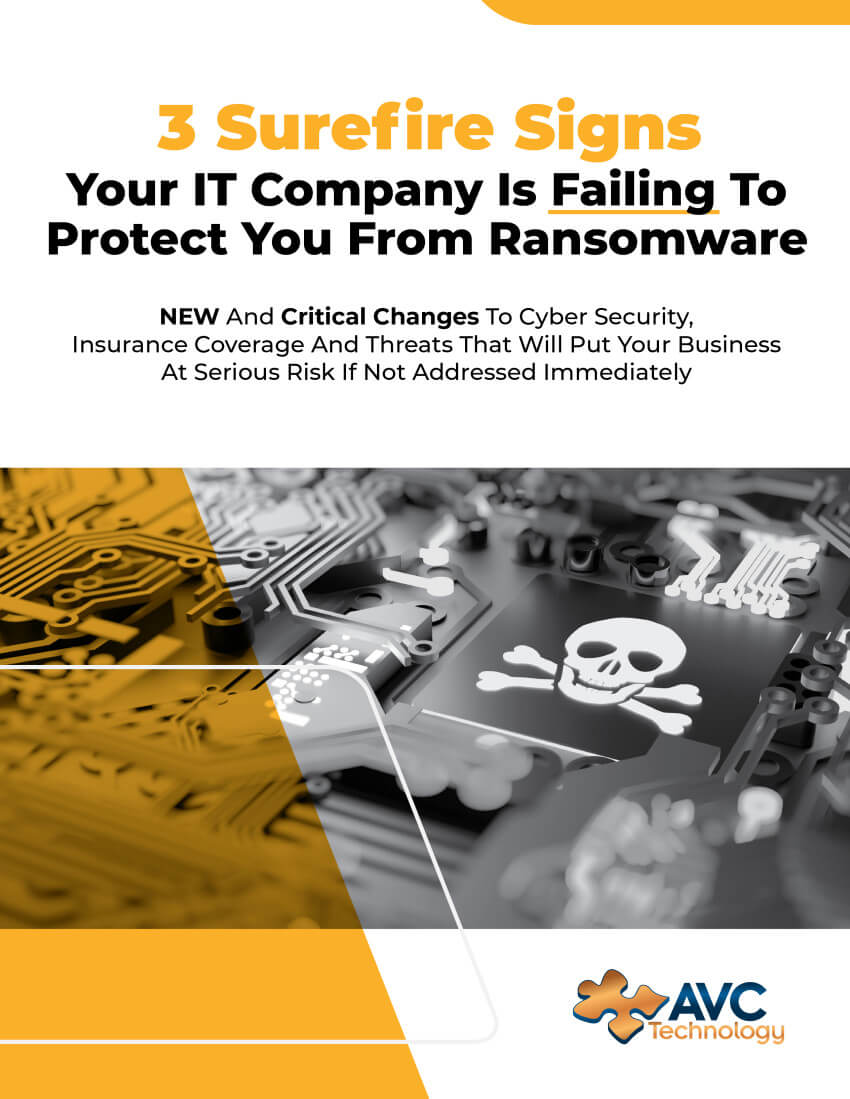 Introduction: The Growing Cyber Threat to Small Businesses
Introduction: The Growing Cyber Threat to Small Businesses
Small businesses are increasingly becoming prime targets for cyberattacks. While many believe that only large corporations are at risk, hackers are now focusing on smaller companies with significant transaction volumes. Why? Transaction-heavy businesses often handle vast amounts of sensitive data, making them lucrative targets for cybercriminals looking to exploit vulnerabilities. As digital transformation sweeps across industries, businesses that handle frequent financial transactions, such as retail shops, small e-commerce platforms, and service providers, must stay ahead of the curve to protect themselves.
Why Transaction-Heavy Businesses Are at Risk
Cybercriminals are drawn to small businesses for a few key reasons. First, smaller firms often lack the robust cybersecurity infrastructure that larger companies have in place. Without adequate protection, hackers can easily access sensitive data like customer payment details and financial records. Additionally, businesses with frequent transactions process significant amounts of personal and financial information, making them an appealing target for cybercriminals aiming for financial gain.
1. Limited Cybersecurity Resources
Small businesses often operate with limited budgets, and cybersecurity is not always a top priority. With tight budgets and resources, many small firms invest in the bare minimum of protection, making them vulnerable to increasingly sophisticated cyberattacks. Hackers know this and often see smaller firms as easier targets than larger organizations that have dedicated cybersecurity teams.
2. High Transaction Volume Means More Opportunities for Breaches
The more transactions a company processes, the more opportunities there are for cybercriminals to exploit. Each transaction represents a potential entry point for hackers, especially if the systems in place aren't adequately protected. A high transaction volume creates numerous vulnerabilities, from payment processing errors to phishing attacks on employees handling financial data.
3. Weak Employee Cybersecurity Awareness
Employee cybersecurity awareness is critical to any business's defense against hacking attempts. Unfortunately, small businesses may not invest in regular cybersecurity training for their staff. As a result, employees may fall victim to phishing attacks or inadvertently expose sensitive information, giving hackers an easy path into the company's systems.
Common Cybersecurity Threats Facing Small Businesses
Cyberattacks come in many forms, and small businesses need to be aware of the most common threats. Understanding these risks is the first step toward securing your operations and protecting your financial assets.
4. Phishing Attacks
Phishing remains one of the most common ways hackers gain access to small businesses. Cybercriminals send deceptive emails or messages designed to trick employees into providing login credentials or other sensitive information. Once hackers have access to the system, they can steal financial data or launch more sophisticated attacks.
5. Ransomware
Ransomware attacks have become increasingly prevalent in recent years. Hackers infiltrate a company's system and encrypt its data, rendering it inaccessible until a ransom is paid. Small businesses, especially those that rely heavily on digital transactions, can be particularly vulnerable to this kind of attack. Paying the ransom is no guarantee that hackers will restore the data, and it can be financially devastating for a small company.
6. Malware
Malware is malicious software designed to infiltrate and damage a company’s systems. Once malware is introduced into a network, it can spread rapidly, compromising everything from payment systems to customer databases. Hackers often use malware to steal financial information, customer data, or business secrets.
7. Data Breaches
Data breaches are another significant threat to transaction-heavy businesses. When a hacker gains access to a company’s database, they can steal sensitive customer information, including credit card numbers and personal identification details. This can lead to massive financial losses, legal repercussions, and damage to the company's reputation.
How to Protect Your Small Business from Hackers
Fortunately, there are several proactive steps small businesses can take to protect themselves from cyberattacks. Even with limited resources, implementing basic cybersecurity measures can significantly reduce your risk of becoming a target.
8. Invest in Strong Cybersecurity Software
While small businesses may not have the budget for an extensive IT team, investing in reliable cybersecurity software is essential. Antivirus programs, firewalls, and encryption tools can all help safeguard your company's sensitive information and protect against common threats like malware and ransomware.
9. Regular Employee Cybersecurity Training
Ensuring your employees are trained in cybersecurity best practices is one of the most effective ways to prevent breaches. By providing regular training on topics like phishing scams, password security, and data protection, you can significantly reduce the risk of human error leading to a cyberattack.
10. Use Multi-Factor Authentication (MFA)
Multi-factor authentication adds an extra layer of security by requiring users to provide two or more verification factors to gain access to a system. Implementing MFA across all your company's critical systems can help protect against unauthorized access, even if a hacker obtains an employee's login credentials.
11. Regular Data Backups
Backing up your company’s data regularly is crucial in case of a ransomware attack or other cybersecurity incident. Ensure that these backups are stored securely and are easily accessible in case of an emergency. By maintaining regular backups, you can avoid paying ransoms and recover your data more quickly in the event of an attack.
12. Work with a Managed Service Provider (MSP)
Many small businesses choose to work with a Managed Service Provider (MSP) to enhance their cybersecurity. MSPs specialize in managing and securing IT systems for businesses that may not have the resources to do it in-house. They can monitor your systems, install updates, and ensure your security measures are up to date, allowing you to focus on running your business.
Conclusion: Stay One Step Ahead of Cybercriminals
Small businesses with heavy transaction volumes must remain vigilant in the face of evolving cyber threats. Cybercriminals are always on the lookout for easy targets, and companies that process significant amounts of data without adequate protection are at the top of their list. By investing in cybersecurity software, training your employees, and staying informed about the latest threats, you can safeguard your business from potentially devastating attacks. Don't wait until it's too late—take action now to secure your business and keep cybercriminals at bay.










